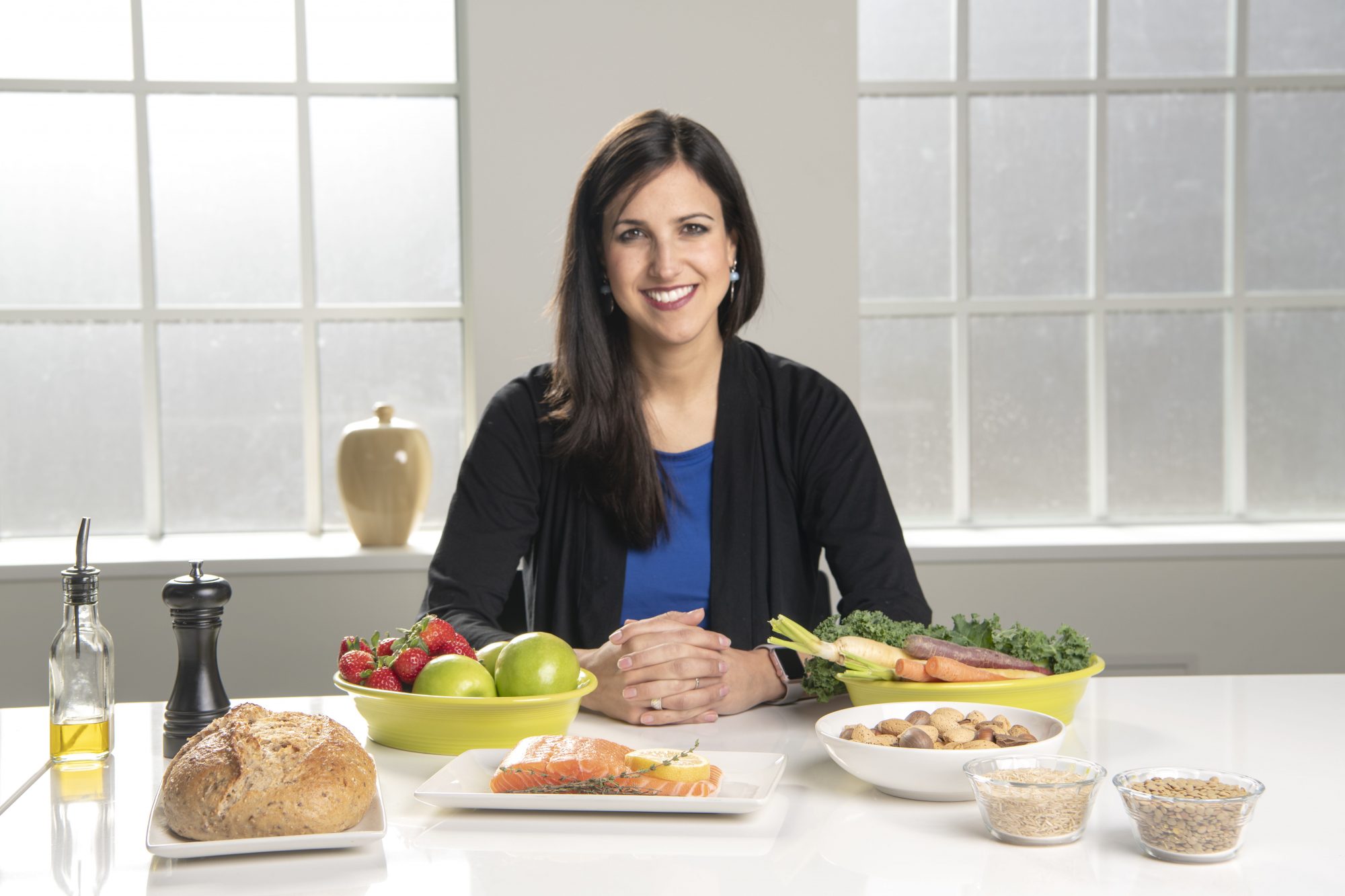Can healthier eating habits practiced over time give us a better chance at a longer life? An OHIO researcher answers this and offers tips on eats to enjoy and bites to bypass.
Common sense tells us a diet of Doritos and donuts is not a long-term diet solution for living a long, healthy life. Mercedes Sotos-Prieto would agree. An expert in her field, the College of Health Sciences and Professions assistant professor of food and nutrition science contributed to one of the few studies that looks at the relationship between changes in diet quality over time and the risk of death. The findings, published in the July 2017 New England Journal of Medicine, showed that an improved diet over a span of 12 years was consistently associated with a decreased risk of death.
“We…observed that changes in overall dietary patterns have been associated with a decrease in mortality rates by about 8 to 17 percent,” she says.
Sotos-Prieto says the key to improve overall health is to avoid restrictive fad diets and choose a healthy dietary pattern you can follow for the rest of your life.
“The most important thing to keep in mind when we think about diet is that we don’t have to focus on isolated foods or nutrients,” Sotos-Prieto says. “A diet has different components, so, focusing on the overall dietary patterns is a better approach than focusing on specific foods.”
A healthy dietary pattern includes eating whole grains, fruits and vegetables, fish, nuts, and legumes, Sotos-Prieto says. Stay away from processed foods, red meats, refined oils and grains, and added sugar, she warns.
“As long as it includes these types of foods, you are going to have health benefits,” she says. “So, because there is no one-size-that-fits-all [diet], people have to choose based on their cultural and food preference. The key is that once you adhere to that kind of diet, you can keep it forever.”
Feature photograph: Asssistant Professor Mercedes Sotos-Prieto researches the Mediterranean diet and the influence of dietary patterns and lifestyles and genetic risk factors in cardiovascular disease in different populations. Photo by Ben Wirtz Siegel, BSVC ’02. Video by Evann Figueroa, BSJ ’19, BSVC ’19, and Haley Rischar, BSJ ’19






